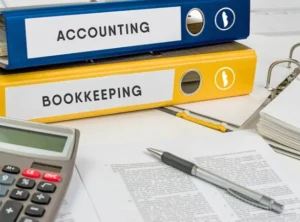If you’re a small business owner in Canada, you know that keeping your finances organized is crucial. But hiring bookkeeping services in Canada isn’t just about handing over receipts and hoping for the best. It’s about finding the right partner to help you manage your money, meet Canada Revenue Agency (CRA) requirements, and reduce the stress around tax season. So before you commit, what questions should you ask to make sure you get reliable, accurate, and helpful bookkeeping services?
Choosing the right bookkeeping support can make a huge difference in how smoothly your business runs. But if you don’t ask the right questions, you could end up with surprises like missed deadlines, confusing reports, or worse, tax penalties. This blog will guide you through the key questions you need to ask before hiring bookkeeping services in Canada so you can make a confident choice.
Why Is Choosing the Right Bookkeeping Service Important for Canadian Businesses?
Bookkeeping services in Canada do much more than just track your income and expenses. They help you stay compliant with CRA rules, keep your records organized for tax audits, and give you a clear picture of your business’s financial health.
Many business owners confuse bookkeeping with accounting, but they serve different purposes. Bookkeeping focuses on day-to-day record-keeping such as logging transactions, invoices, and receipts. Accounting takes those records and analyzes them for tax filing, financial planning, and profitability. Hiring a skilled bookkeeper means your accountant can work more efficiently, saving you time and money.
Poor bookkeeping can lead to penalties, missed tax deadlines, or inaccurate financial reports. Since Canadian businesses are required to keep records for six years, having a bookkeeper who understands local regulations is vital.
What Are the Key Questions to Ask Before Hiring a Bookkeeper?
When looking for bookkeeping services in Canada, asking the right questions upfront can save headaches later. Here are some of the most important things to clarify:
What experience do you have with Canadian tax laws and CRA compliance?
Your bookkeeper should be familiar with Canadian tax rules, GST/HST requirements, payroll deductions like CPP and EI, and filing deadlines. This knowledge helps avoid costly mistakes.
Which bookkeeping software do you use and why?
Most bookkeepers use cloud-based software like QuickBooks, Xero, or Wave. Ask which tools they prefer, and if they can integrate with your current systems. The right software means more accuracy and easy access to your financial data.
How do you handle data security and confidentiality?
Financial information is sensitive. Ensure your bookkeeper uses secure methods to store and transmit data and follows privacy regulations.
Can you provide references or client testimonials?
Hearing from other Canadian businesses can give you peace of mind about their reliability and quality.
How do you charge for your services? Fixed fees or hourly?
Understanding pricing upfront helps you budget and avoid surprise costs. Some bookkeepers offer monthly packages tailored to small businesses.
What reports and financial statements will you provide regularly?
You want timely access to profit and loss statements, balance sheets, cash flow reports, and expense summaries to make informed decisions.
How do you communicate with your clients and how often?
Will you get monthly calls, emails, or dashboards? Clear communication is key for staying on top of your finances.
Do you offer support for payroll, GST/HST filings, and year-end reporting?
If you have employees or file taxes regularly, these services can save you time and stress.
How do you manage deadlines, especially for CRA submissions?
Bookkeepers should proactively track deadlines and ensure filings are on time to avoid penalties.
How Can I Verify the Credibility of a Bookkeeping Service?
Before you hire, it’s important to check credentials and trustworthiness:
- Look for certifications like the Certified Professional Bookkeeper (CPB) designation or membership in professional groups such as the Institute of Professional Bookkeepers of Canada (IPBC).
- Local experience matters. A bookkeeper familiar with Canadian business regulations and CRA policies can help you avoid common pitfalls.
- Check reviews, testimonials, or ask for referrals from other business owners.
What Red Flags Should I Watch Out For When Hiring Bookkeeping Services?
Not every bookkeeping service is the right fit. Some warning signs include:
- Lack of clear pricing or contract details. Transparency is crucial.
- Slow or unclear communication during the interview process.
- Little or no experience with Canadian tax laws or bookkeeping software.
- Inability to provide references or client success stories.
If you notice any of these, it’s best to keep looking.
How to Prepare for Your First Meeting With a Bookkeeper
To make the most of your first conversation, come prepared:
- Have your recent bank statements, receipts, invoices, and payroll info ready.
- Be ready to explain your business model, current bookkeeping process, and any pain points.
- Ask about their workflow, turnaround times, and how they handle errors or discrepancies.
- Discuss your expectations for reports, communication frequency, and deadlines.
Setting clear expectations early helps build a productive working relationship.
FAQs: Common Concerns About Hiring Bookkeeping Services in Canada
Can a bookkeeper help me save money on taxes?
Yes. Accurate bookkeeping ensures you track all eligible expenses and claim the right deductions, which lowers your taxable income.
How often should I review my financial reports with my bookkeeper?
Monthly reviews are ideal. Regular updates help you catch issues early and make informed decisions.
Can I use bookkeeping services if I already use accounting software?
Absolutely. A bookkeeper can make sure your software is set up correctly, your data is accurate, and that you’re using all the features to your advantage.
Is outsourcing bookkeeping cost-effective for small businesses?
Most often, yes. Outsourcing avoids the overhead of a full-time employee and provides professional expertise at a fraction of the cost.
Final Thoughts
Hiring bookkeeping services in Canada is a smart move when you want to keep your business finances organized, compliant, and stress-free. Asking the right questions upfront ensures you find a bookkeeper who understands your needs and Canadian regulations.
A good bookkeeping partner is more than just someone who enters numbers; he is a key part of your business team, helping you navigate CRA rules, prepare for tax season, and focus on growth.
If you’re ready to find bookkeeping services in Canada that fit your business, start with these questions and trust your instincts.
If you want professional help managing your books, contact AccTax today to learn how our bookkeeping services in Canada can keep your business on track and your finances clear.




